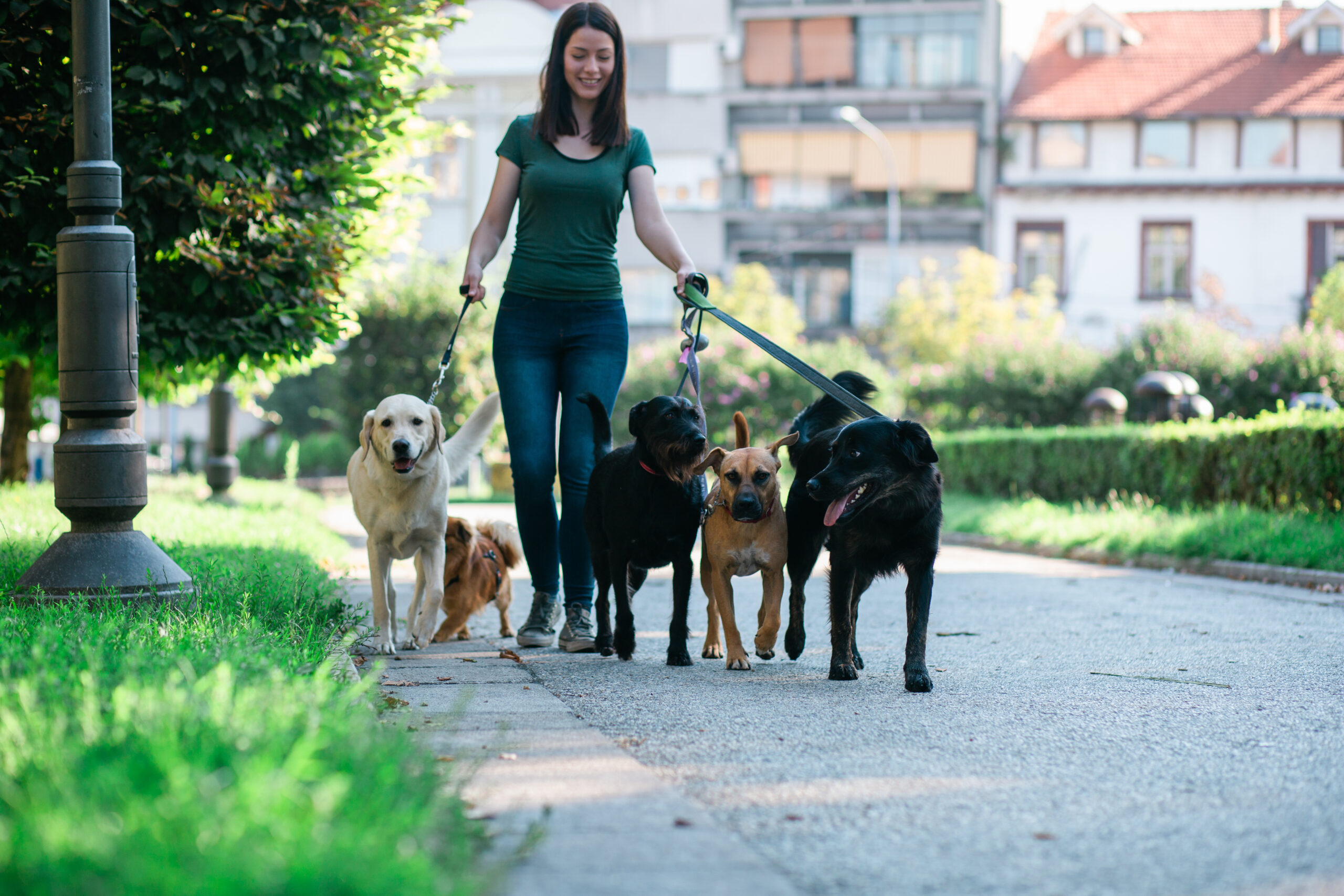You’ve been thinking for some time whether being an egg donor is right for you. You love the idea of helping another person start their family and could use the extra money clinics pay egg donors. You’ve also looked into the main egg donation requirements – young and healthy – and you seem to fit. You even have a few slow weeks of work coming up where you can take time to donate without anything else on your mind.
There’s just one thing left you’re still thinking about: is it safe to be an egg donor? And if so, how many times can you safely donate?
You’ve come to the right place – this blog will get into all the safety information you need to know, without brushing anything under the rug. But in case you want the answers right now, here you go: yes, based on medical opinion and existing scientific studies (not just the internet), it is safe to be an egg donor.
In fact, contrary to popular belief, egg donation is not new – it has been practiced since the early 1980s, meaning the practice has been continuously improved on for 40 years. And in 2016, there were more than 7,800 donor cycles across the country. (That number has surely grown since then). Right now, in the U.S., you can be an egg donor six times.
That all bears repeating: According to a 2020 formal opinion issued by the American Society for Reproductive Medicine (ASRM), the fertility and egg donation industry’s governing body, it is safe for egg donors to donate up to six times.
Now let’s get into the details.
Are there any health risks associated with being an egg donor?
Like your parent taught you when you were young, there is risk in everything, including crossing the street. So, yes, there is risk in egg donation, but it is very small. We’re talking in the 1%-2% range.
OK, so what are the health risks of being an egg donor?
In the simplest terms, there are known risks (the very small range mentioned above) and potential risks, which are just that – theoretical.
What are the known health risks of being an egg donor?
The risk most discussed related to egg donation is the risk of Ovarian Hyperstimulation Syndrome (OHSS). This is a condition that is very rare in today’s fertility and egg donor clinics – and exceptionally rare at Ovatures, which is affiliated with The RMA Network, the nation’s leading fertility group. To understand how this could happen, you need to know the egg donation process has two parts – taking injectable medication for about 10 days, followed by the egg retrieval procedure.
During the first part, egg donors take medication to grow the follicles (which contain tiny eggs) in their ovaries. In some rare cases, ovaries can become overstimulated, and may lead to OHSS. However, because egg donors are monitored closely in clinic to ensure everything is progressing as it should, the risk of OHSS is very low. If there was an issue, it would be caught early, especially at Ovatures, where RMA doctors are some of the best in the world. With that said, according to the ASRM opinion mentioned above, severe OHSS can occur in about 1%-2% of In Vitro Fertilization (IVF) cycles.
Pretty low, right? There’s even better news – ASRM suggests that risk is even lower for egg donors because they don’t transfer an embryo during their cycles. (The first statistic includes mostly women seeking egg retrieval as part of IVF for fertility treatment).
Wait – there’s more good news! ASRM mentions that if the “trigger shot” an egg donor takes right before the egg retrieval procedure is a gonadotropin-releasing hormone (GnRH) agonist instead of the traditional human chorionic gonadotropin (hCG), the risk of developing OHSS goes way down.
OK, so we covered OHSS. Any other risks?
There are also very small risks (less than 0.5%) of complications like pelvic infection, ovarian torsion, and hemorrhage (related to stimulation and egg retrieval). Again, these risks happen in half of one percentage point of any given cycle. So, if there were 100 egg donors, not even one donor would experience these risks. There are also very small anesthesia-related risks.
What are the potential health risks of being an egg donor?
If you’ve gone down the internet rabbit hole searching safety risks for being an egg donor, you’ve seen that scary word in the darkest crevices of your search: cancer. Want some really good news? It’s just not true. False. Inaccurate. So why would we even mention it? Because it’s important you know egg donation is safe, and that includes from cancer. The link between cancer and ovarian stimulation has been studied, and no link has been found. Here’s what ASRM had to say about it in their opinion: “The preponderance of data does not demonstrate an association between the use of ovarian-stimulation agents and cancer, including invasive ovarian and breast cancers.”
The last “potential” risk relates to the future ovarian reserve – or fertility – of a multiple time egg donor. While there has been some speculation about whether egg donors who have given eggs multiple times could have a lower future ovarian reserve, ASRM found that this was not true: “preliminary data indicate that repetitive and multiple cycles of oocyte donation do not decrease the donor’s ovarian reserve.”
If the risks are so low, why is the donation limit capped at six?
Good question! It’s because ASRM is taking your safety so seriously – this limit is an extra precautionary measure. Because the average risk each cycle is between about 1.5%-2.5%, the cumulative risk after six cycles rises to 8%-13%. ASRM has drawn the line in the sand there.
What’s the bottom line on health risks for an egg donor?
The bottom line on health risk is fairly simple – there are risks associated with egg donation, but they are so rare, that the procedure is considered safe and can be done safely up to six times. The chances that you’ll experience any real health issues during donation are much, much smaller than the chances you’ll experience the minor inconveniences most donors find annoying: some bruising at the medication injection site, cramping, bloating and maybe some moods swings.
Is there anything else I should know about risks?
Yes, there are two more things we should mention: the first is what the industry calls “inadvertent consanguinity,” which is when someone is related, without knowing, to the same ancestor. In other words, in the case of egg donation, when a person has the same biological mother. What this means as a potential egg donor is that there’s a very small chance a child produced from donated eggs could fall in love and have babies with another child produced from eggs with the same genetic makeup (as adults, of course). However, the risks of this happening are much, much smaller than with sperm donors, and with the prevalence of popular over-the-counter DNA services like 23andMe, drop even further (couples often talk about their heritage and can find out easily if they are related).
Which brings us to another ‘risk’ – with the prevalence of these DNA services, it’s easier for a child produced from egg donation to seek out their biological mother, even in the case of anonymous donation. While this is rare, egg donors should be aware of this possibility.
Finally, let’s talk mental health: while most women who choose to be an egg donor feel so positively about their decision, it is possible to experience more complex psychological feelings about egg donation, and women considering becoming an egg donor should know this.
What if I need some reassurance during my egg donation cycle?
Rest assured that all your questions and concerns will be addressed, discussed and worked through if you make the decision to be an egg donor with Ovatures, which practices the latest, safest and most effective egg donation procedures to ensure donors and recipients are compassionately, gently and safely cared for as they embark one of the most foundational journeys of their lives.
Our experienced, skilled and lovely team of nurses, doctors and counselors are here to explain every part of the process, and make sure you understand everything it involves. This is done through informed consent, video tutorials and especially in-person, on the phone and over email communication you have with your team, which is completely focused on you, your safety, your comfort and your experience during your donation.
At Ovatures, you’re safe, you’re respected and you’re family.




